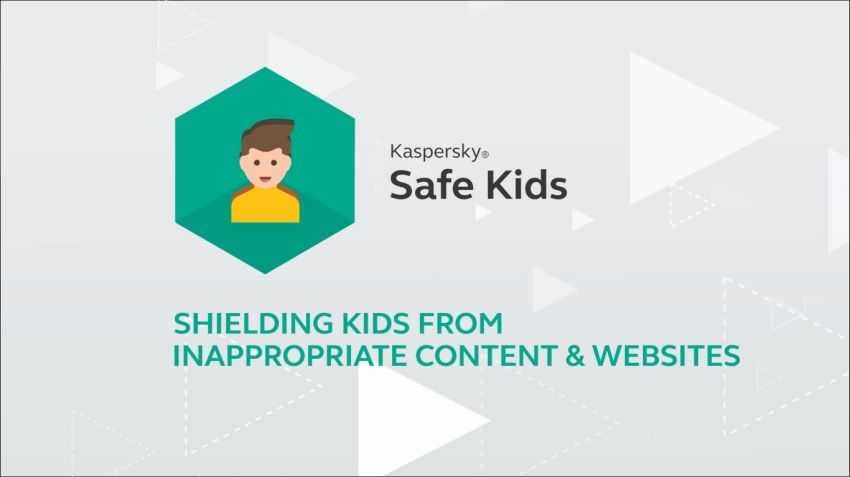Kaspersky Safe Kids: Kaspersky Lab copays τις λύσεις που προσφέρει για την προστασία των παιδιών από ψηφιακές απειλές με νέες λειτουργίες για τις πλατφόρμες iOS και Android. Πλέον, τα παιδιά μπορούν να ζητήσουν εξ αποστάσεως πρόσβαση από τους parents them about a banned website or app with the push of a button, while parents get useful tips when Kaspersky Safe Kids detects strange cases.
Parents can see these tips as a comment on the Kaspersky Safe Kids settings, as well as a report on their child's Internet activity on the My Kaspersky portal.
Tips can also be displayed as part of an emergency alert on the parent's mobile device, for example if the child is trying to access a website from a category that parental access is not allowed (eg a web page with inappropriate content or using vulgar expressions).
According to the results of a survey conducted by Kaspersky Lab and B2B International, one in three parents feel that they cannot control what their child sees and does online. Even using parental control tools, adults often don't know how to react to certain online behaviors of their children. For example, they should confiscate one gadgets if they see their child trying to access gambling sites? Or, how strictly should they talk to their child if the system detects interest in accessing adult-only content websites?
For this, in its new version Kaspersky Safe Kids psychologists' advice has also been incorporated that allows parents not only to adequately assess the risk of their child, but also to review their Internet safety approach. Parents can get advice on inappropriate webpages and apps when new suspicious contacts appear when online purchases are made about overuse of the Internet as well as a number of other situations.
«Οποιοδήποτε προϊόν κι αν δημιουργούμε, προσπαθούμε πάντα να είναι φιλικό προς το χρήστη και όσο το δυνατόν πιο «διαισθητικό». Όταν πρόκειται για την ψυχική ηρεμία των γονιών και την προστασία των παιδιών, αυτό είναι περισσότερο επίκαιρo από ποτέ. Θέλουμε η λύση μας για την προστασία των παιδιών στο Διαδίκτυο να παρέχει κάτι περισσότερο από μια απλή τεχνική βοήθεια. Θα πρέπει επίσης να είναι ένας «βοηθός» για τους γονείς. Το Kaspersky Safe Kids είναι κάτι περισσότερο από απλός έλεγχος της δραστηριότητας των παιδιών στο Διαδίκτυο – θέλουμε να βοηθήσουμε τους γονείς να έχουν μια καλύτερη κατανόηση ως προς το γιατί τα παιδιά τους συμπεριφέρονται με τον τρόπο που το κάνουν και γιατί ενδιαφέρονται για συγκεκριμένο περιεχόμενο. Πιστεύουμε ότι οι συμβουλές των ψυχολόγων δεν προσέθεσαν απλώς μια ανθρώπινη πινελιά στο program, but they took protection to a whole new level," comments Andrei Mochola, Head of Consumer Business at Kaspersky Lab.
Another product feature on the Android software release allows children to request access to forbidden websites or applications. If the parent has configured Kaspersky Safe Kids to prevent the child from using specific webpages or applications, then a denial window appears whenever the child tries to open one. Now, the child can send a request for access directly from this window. If the parent deems it necessary, they can agree to the request at the touch of a button. For iPhones and iPads, this feature only works for webpages.
The updated Kaspersky Safe Kids is now available at www.kaspersky.com/safe-kids. The new features will also be available for Windows and Mac 2017 devices.
In addition to the features described above, the solution helps parents to be informed about what their child is doing online, how much time goes online, which websites they visit, what games they play, who they communicate with on their social networking sites and who they go .





